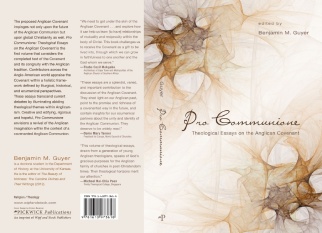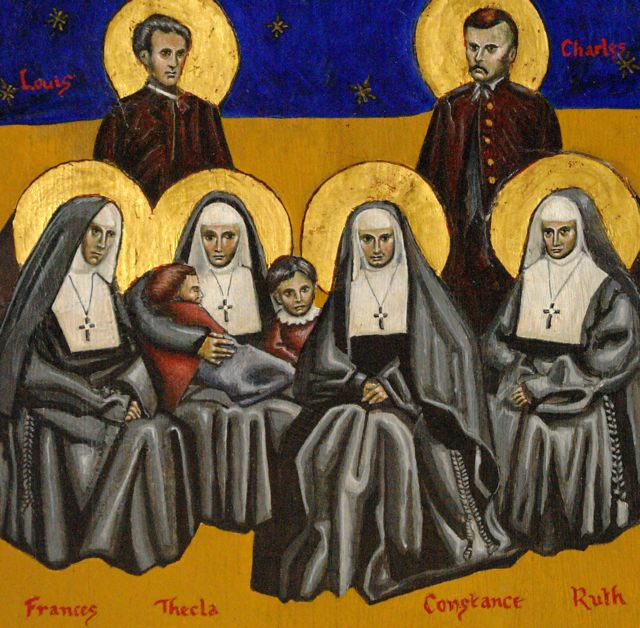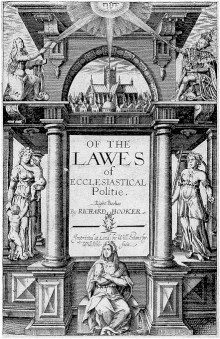
The front and back covers for Pro Communione: Theological Essays on the Anglican Covenant
I am very happy to write that Pro Communione: Theological Essays on the Anglican Covenant is now available! You may purchase it directly through Wipf & Stock (see their Pro Communione product page), which always offers a 20% discount on books through their website. Pro Communione is also available for Amazon Kindle (US version) and will soon be up at Amazon.com. Here is the synopsis and the book endorsements from the back cover:
Synopsis
The proposed Anglican Covenant impinges not only upon the future of the Anglican Communion but upon global Christianity as well. Pro Communione: Theological Essays on the Anglican Covenant is the first volume that considers the completed text of the Covenant and its congruity with the Anglican tradition. Contributors across the Anglo-American world appraise the Covenant within a holistic framework defined by liturgical, historical, and ecumenical perspectives. These essays transcend current debates by illuminating abiding theological themes within Anglicanism. Creative and edifying, rigorous and hopeful, Pro Communione envisions a revival of the Anglican imagination within the context of a covenanted Anglican Communion.
Endorsements
“We need to get under the skin of the Anglican Covenant . . . and explore how it can help us learn [to have] relationships of mutuality and reciprocity within the body of Christ. This book challenges us to receive the Covenant as a gift to be lived into, through which we can grow in faithfulness to one another and the God whom we serve.”
—Thabo Cecil Makgoba, Archbishop of Cape Town and Metropolitan of the Anglican Church of Southern Africa
“These essays are a splendid, varied, and important contribution to the discussion of the Anglican Covenant. They shed light on our Anglican past, point to the promise and richness of a covenanted way in the future, and contain insights for our ecumenical partners about the unity and identity of the Anglican Communion. They deserve to be widely read.”
—Dame Mary Tanner, President for Europe, World Council of Churches
“This volume of theological essays, drawn from a generation of young Anglican theologians, speaks of God’s gracious purposes for the Anglican family of churches in post-Christendom times. Their theological horizons merit our attention.”
—Michael Nai Chiu Poon, Trinity Theological College
Also available at the 77th General Convention of the Episcopal Church: stop by The Living Church booth, buy a subscription, and receive a free copy of Pro Communione!





You must be logged in to post a comment.